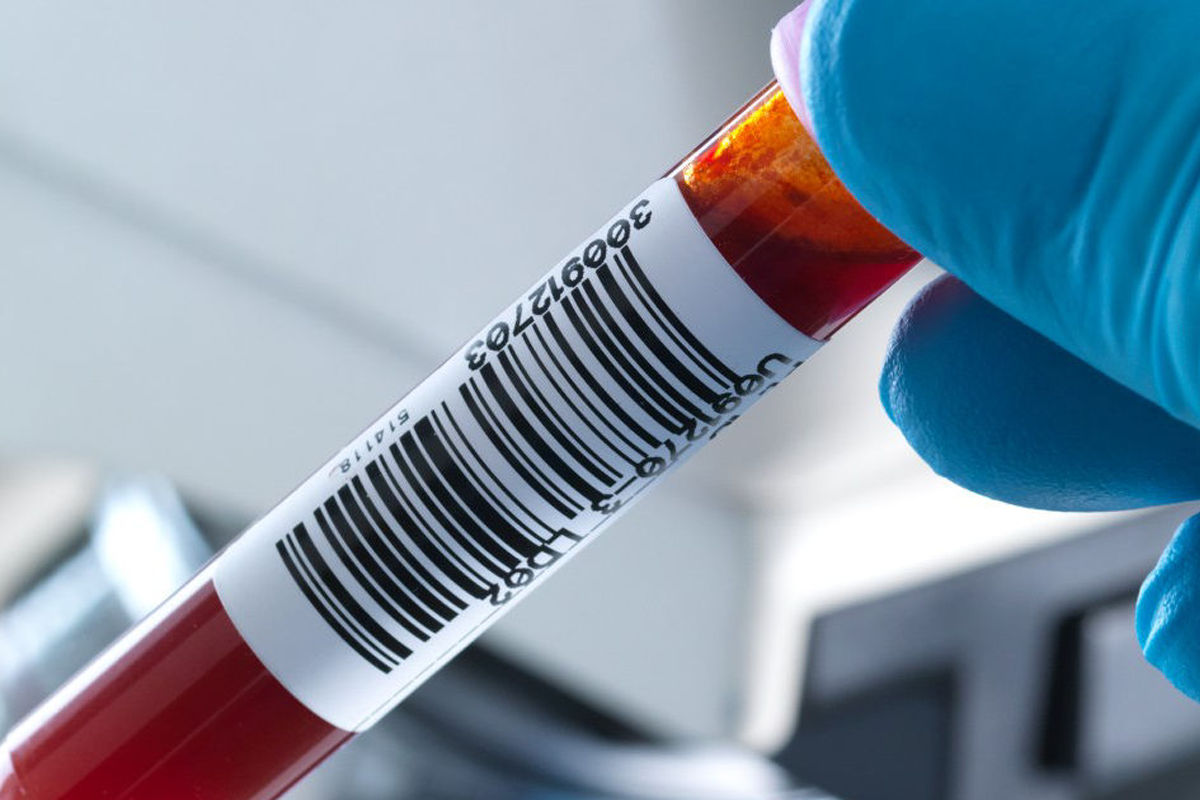Clinical pathology
While anatomic pathologists examine tissue samples, clinical pathologists focus on blood, bodily fluids, tissue and microscopic cell evaluation (such as bone marrow).
Our veterinary clinical pathologists and medical technologists provide GLP/GCP results for discovery, preclinical and clinical research.
Clinical pathologists closely monitor animal health in collaboration with veterinarians and provide consultation to toxicologists and study directors during protocol development and during the study, advising on appropriate tests and biomarkers for inclusion. In addition, all clinical pathology contributor reports are authored by board-certified clinical pathologists.

